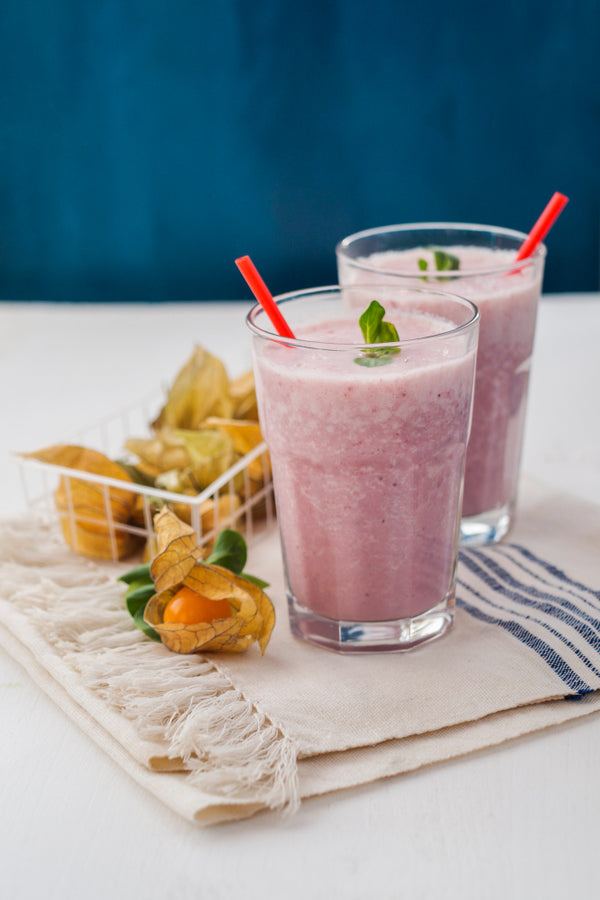The Link Between Arthritis and Diet – Eat Your Way to Better Joint Health

As we age, it’s common to experience joint pain, stiffness, or arthritis. While there are several factors that contribute to joint health, research has shown that diet plays a key role. It’s essential to incorporate the right nutrients to keep your joints healthy and prevent further damage. In this blog post, we’ll explore the link between arthritis and diet and provide you with some practical tips to eat your way to better joint health.
Osteoarthritis and Diet
1) Omega-3 Fatty Acids: Omega-3s are essential fatty acids that play a vital role in reducing inflammation and preventing joint damage. Fish like salmon, tuna, and sardines, which are rich in omega-3s, are excellent choices for joint health. If you’re not a fan of fish, you can always opt for plant-based sources like walnuts, chia seeds, or flaxseeds. These plant-based options are also rich in antioxidants, which help to protect cells from damage.
2) Vitamin D: Our bodies need vitamin D to absorb calcium and promote bone health. Unfortunately, many people around the world don’t get enough of this vital nutrient. By incorporating vitamin-D-rich foods like fatty fish, egg yolks, and fortified cereals, you can protect your joints from further damage. Depending on your age, gender, and lifestyle, you may need supplements to meet your daily vitamin D requirements.
3) Vitamin C: Vitamin C is a powerful antioxidant that plays a critical role in reducing inflammation. Eating foods high in vitamin C like oranges, lemons, strawberries, and red peppers can help you maintain healthy joints. Vitamin C can also stimulate the production of collagen, which supports healthy joints.
4) Healthy Fats: Not all fats are bad for your joints. Monounsaturated and polyunsaturated fats, found in foods like nuts, avocados, and olive oil, can help lower inflammation and improve overall joint health. Avoid trans-fats and saturated fats, commonly found in fast food, fried foods, and baked goods, as they can increase inflammation in the body.
5) Calcium: Calcium is essential for strong bones and joints. Eating dairy products like milk, yogurt, and cheese can provide you with the calcium you need. Non-dairy options like calcium-fortified tofu, soy milk, and kale are also excellent choices. If you’re lactose intolerant or have a milk allergy, consider taking calcium supplements.
If you’re dealing with joint pain, stiffness, or arthritis, incorporating nutritious foods into your diet can help improve your joint health. By including foods rich in omega-3 fatty acids, vitamin D, vitamin C, healthy fats, and calcium, you can reduce inflammation, promote bone health, and support healthy joints. Talk to your doctor or a registered dietitian to ensure you're getting the right nutrients for your individual needs. Remember, when it comes to joint health, prevention is key, so make sure to eat a healthy and balanced diet to keep your joints strong and active.








